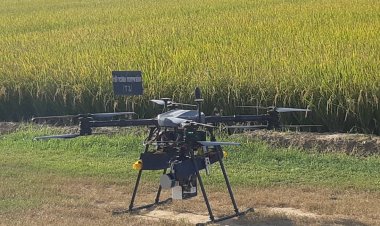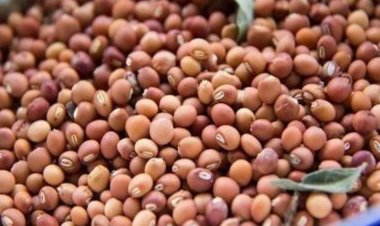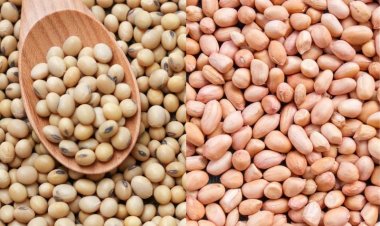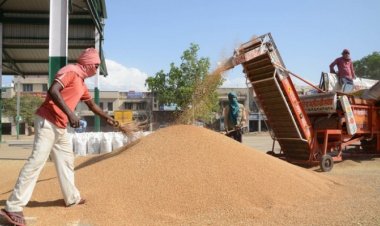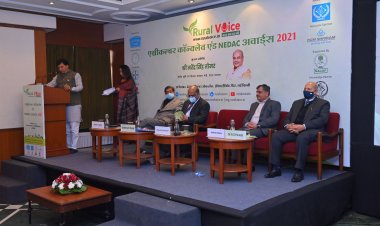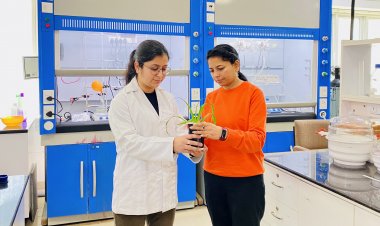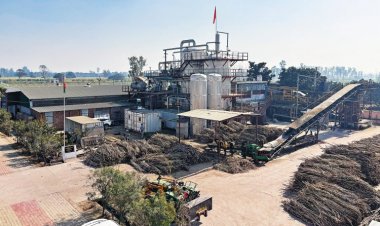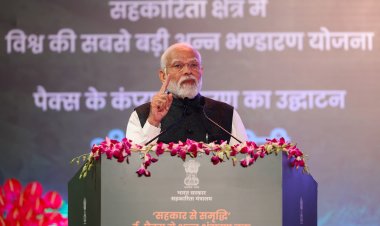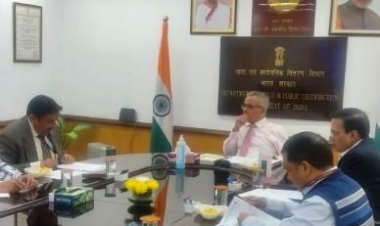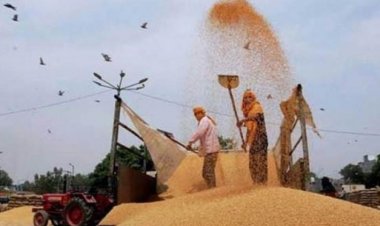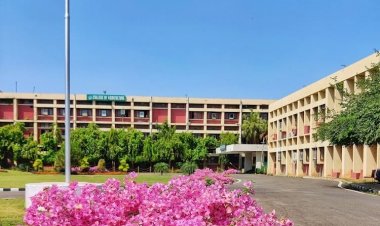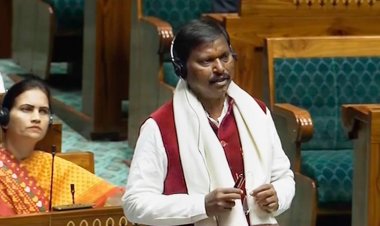Strategy for increasing indigenous DAP production capacity and long-term import deals in the wake of Rabi season crisis
Taking a lesson from the availability crisis of DAP and other complex fertilizers in the current Rabi season, the government has prepared a strategy for increasing indigenous production capacity and long-term import deals to improve the DAP supply. Amidst the steep hike in the prices of DAP and other complex fertilizers and their raw materials in the global market, China has added to India’s troubles with an embargo on exports. The government has started implementing the abovementioned strategy to avert any similar crisis in the future.
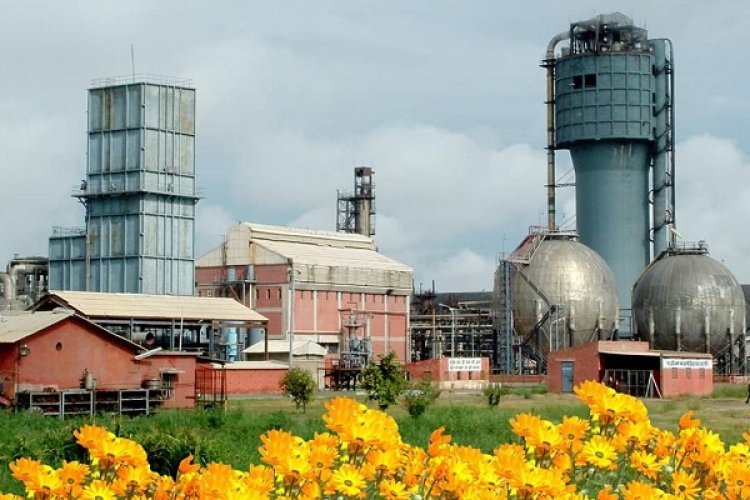
Taking a lesson from the availability crisis of Diammonium Phosphate (DAP) and other complex fertilizers in the current Rabi season, the government has prepared a strategy for increasing indigenous production capacity and long-term import deals to improve the DAP supply. Amidst the steep hike in the prices of DAP and other complex fertilizers and their raw materials in the global market, China has added to India’s troubles with an embargo on exports. The government has started implementing the abovementioned strategy to avert any similar crisis in the future. This information was shared by a top official in the Ministry of Fertilisers in an interview with RuralVoice.
According to the said official, while long-term deals for DAP imports have been struck with Russia- and Saudi Arabia-based companies, DAP production capacity is being installed in public sector fertilizer companies like The Fertilisers and Chemicals Travancore Ltd (FACT) and Rashtriya Chemicals and Fertilisers (RCF).
The said official told RuralVoice that a plant was being set up in the Thal campus of RCF with a DAP production capacity of 3 lakh tonnes (lt) per annum at a cost of Rs 900 crore. Besides, a DAP production capacity of 3 lt per annum is being installed at the Udyogmandal-based FACT plant near Kochi. Apart from public sector companies, Madhya Bharat Fertilisers Company, located at Mednagar in Madhya Pradesh, is also installing a DAP production capacity of 1 lt per annum. It produces Single Super Phosphate (SSP). Also, National Fertilisers Ltd (NFL) is installing a production capacity of 5 lt of DAP and Nitrogen, Phosphorus and Potash (NPK) per annum.
Under the DAP import deals with companies abroad, NFL has signed long-term contracts for DAP supply with Saudi Arabia-based SABIC and Ma’aden. Besides, another long-term contract has been signed with PhosAgro, a Russian company, for 10 lt of DAP supply over five years. Domestic fertilizer companies KRIBHCO, FACT, RCF and NFL are the signatories to this agreement. Under it, these companies will import about 2.5 lt per annum. The first supply of DAP will start from PhosAgro in January 2022. It takes 40 days on average for DAP from Russia to reach India.
The official mentioned earlier says that the supply has been affected this year due to China having stopped DAP exports as well as some other reasons. China is among the largest exporters of DAP and India imports about 30 lt of DAP from there every year. Besides, there has been a steep hike in the international prices of the raw materials for decontrolled fertilizers as well as in the ready-to-use category. These led to a fertilizer availability crisis at the domestic level. It is with this situation in mind that the strategy of long-term import deals was adopted for the supply of DAP and its raw materials so that a future difficult situation does not lead to a supply crisis.
Besides, the government is also working on a change in fertilizer consumption patterns to reduce the dependence on DAP. It wants to encourage the use of complex fertilizers having lesser phosphate. Only this month it has announced that molasses-based potash will also be included in Nutrient-Based Subsidy (NBS). Also, it is trying to promote SSP. But the farmers are not much assured about the quality of SSP as it is mostly produced by small companies.
With all these activities happening, one gets a feeling that the government has taken a lesson from the Rabi season crisis and it wants to have a comfortable level of DAP stock well before the next Kharif season. This will avert the crisis of the availability of this crucial fertilizer for the farmers.











